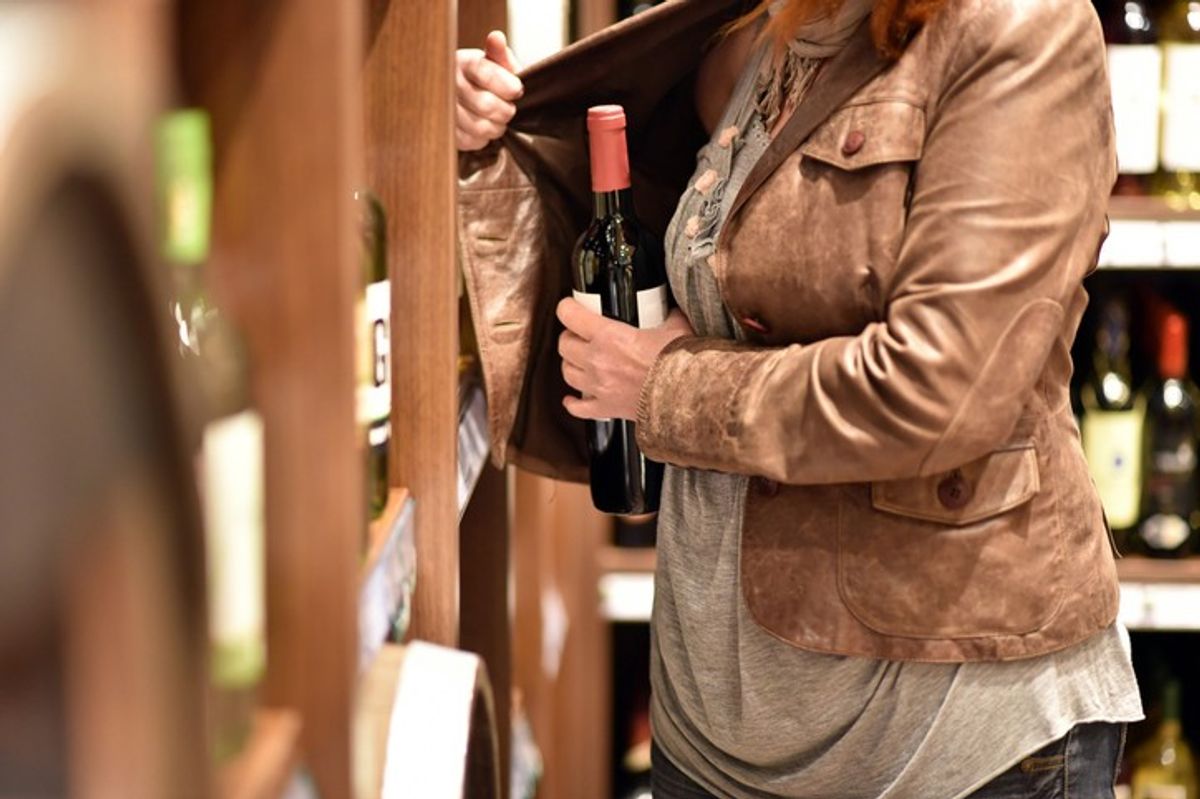Half of people believe that it is acceptable to steal food from a store in case of starvation, a poll has found, highlighting the mixed attitudes of Britons towards shoplifting, with a majority saying it is excusable in some circumstances.
According to a recent YouGov poll of more than 2,000 adults, 51 per cent said it was acceptable to steal food if they were starving, but this fell to 40 per cent if they were simply short of money. About 30 per cent said it was acceptable to steal toiletries if they could not be afforded. This dropped to 20 per cent for clothes.
The survey found people were most narrowly split on the question of whether stealing baby products was acceptable if parents could not afford them; 44 per cent said it was acceptable and 47 per cent said it was not.
The latest annual survey by the British Retail Consortium found there were 16.7 million incidents of shoplifting in the 2023-24 financial year, equivalent to 45,750 every day. Retailers say shop theft adds 6p onto every transaction.
Less than half of cases reported are resolved- 56 per cent of cases lead to a suspect being identified and 17 per cent to a suspect being charged. Not to overlook the fact that the vast majority of offences are not recorded by police or reported to them.
The recent YouGov poll found a consensus on police’s response to the crime. Three quarters of the public said police dealt with shoplifting badly. Just 8 per cent said police were handling it well. Most people view shoplifting as a serious crime, with one in five describing it as “very serious”, although a quarter said they did not think it was serious.
There was a clear age divide in attitudes, with 93 per cent of those aged over 65 saying it was serious but only 30 per cent of 18-24 year olds agreeing.
This comes days after a House of Lords inquiry released its report highlighting that shoplifting was seriously under-reported and the problem so urgent that police forces needed to take “immediate action”. Retailers needed to be able to report crimes more easily and called on the government to introduce regulations to crackdown on online marketplaces where sellers are able to sell stolen goods anonymously. The report also said there should also be a focus on prevention, with more funding made available for rehabilitative programmes to halt prolific shoplifters who steal to fuel an addiction, for example.


